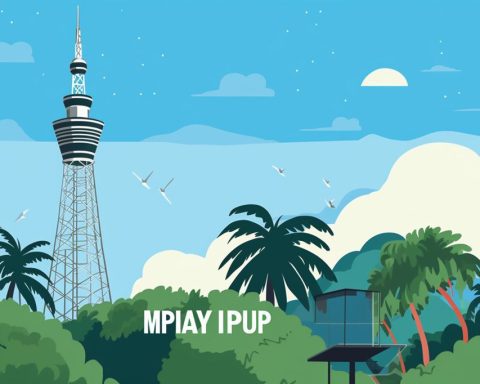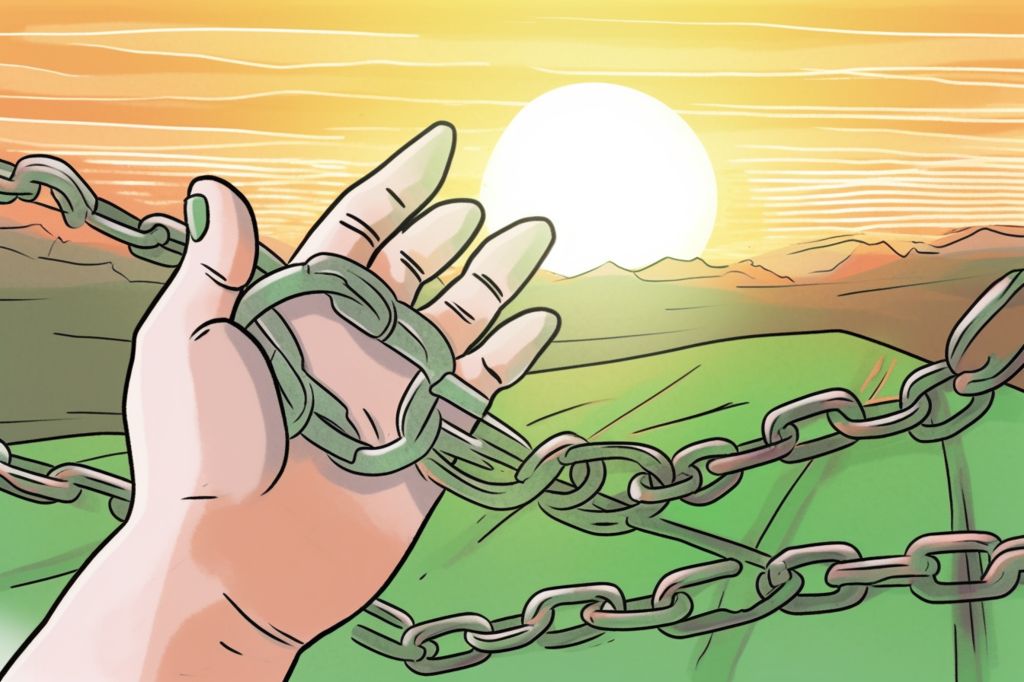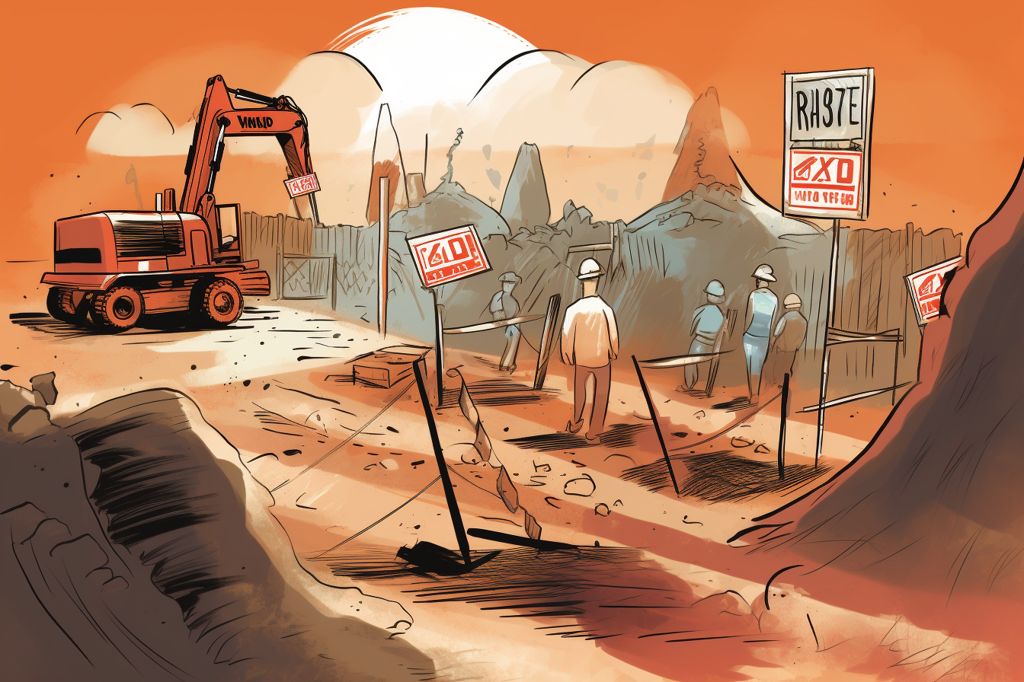The Media Development and Diversity Agency (MDDA) has accomplished a significant milestone by providing grant funding for 20 years to support disadvantaged communities in South Africa to launch their own media platforms. This article explores MDDA’s mission, mandate, achievements, and upcoming events.
MDDA’s Mission and Mandate
MDDA, established in 2003, is a statutory development agency that collaborates with the South African government and major print and broadcasting companies to ensure media development and diversity. The agency’s mandate, derived from Section 3 of the MDDA Act of 2002, as well as Section 16 and 32 of the Constitution Act No. 108 of 1996, emphasizes the importance of freedom of expression and access to information.
MDDA’s Achievements
Professor Hlengani Mathebula, Chairperson of the MDDA Board, stated that MDDA was established to overcome the nation’s legacy of imbalances and exclusions through a partnership of all sectors of society. The agency has facilitated the growth of the community broadcast, print, and digital sectors by encouraging ownership, control, and access to media by historically disadvantaged communities and language groups. MDDA has supported 586 community media projects to date, including 321 broadcast and 185 print projects.
MDDA’s Upcoming Events
To celebrate its 20 years of service, the MDDA Board has approved a series of events from June to November 2023, with the theme “Democracy & Diversity: Celebrating 20 Years of Access to Information and Media Freedom through community media.” These events will target stakeholders in the community and small commercial media sector and highlight the importance of ethical journalism, community media sustainability, and social cohesion.
On June 12th, MDDA will engage listeners of community radio stations across the country in an interactive radio broadcast focused on the role of youth as agents of community development through media. The program will feature Nomkhosi Peter, Acting CEO of MDDA, Phumla Williams, former DG of GCIS, and an activist from the youth of 1976.
On June 13th, MDDA will host a cocktail launch at the ICC Hotel in East London, co-hosted by Deputy Minister in the Presidency, Ms. Nomasonto Motoung, and Professor Hlengani Mathebula, the Chairperson of the MDDA Board.
On June 14th, MDDA will launch state-of-the-art digital broadcast studios for Vukani Community Radio in Cala, a beneficiary of their last funding grant call.
The MDDA has contributed significantly to South African society by promoting access to media, freedom of expression, and fostering the growth of community and small commercial media. The agency’s 20 years of service is a testament to their dedication to supporting disadvantaged communities and promoting media diversity.









